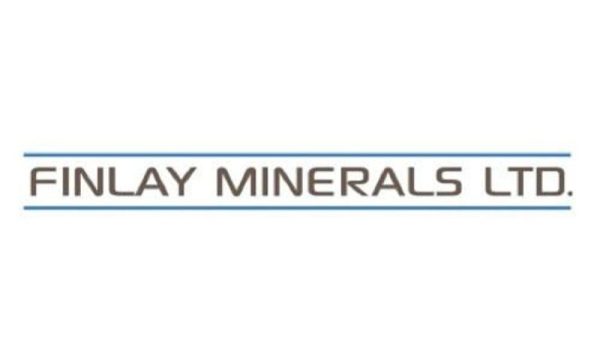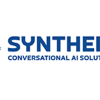In addition, it’s also one of the most critical and essential things you can do to ensure you enjoy your golden years. Even with today’s technology, it is still highly likely you will get old and no longer be as productive as you were when you were young. That’s why it’s essential to ensure you have the financial backing and stability you need to maintain a reasonable quality of life.
But what does that look like in practice? How do you actually go about creating a retirement savings plan for every age and income level? Well, you’re about to find out.
Work Out Which Savings You Are Using
Generally speaking, there are two types of retirement savings options you can explore: tax-advantaged, and non-taxed-advantaged.
The names are pretty self-explanatory. Tax-advantaged accounts are those that provide tax benefits, such as paying no tax when you draw the money, or none when it accumulates value.
Non-tax-advantaged plans are those that don’t offer any tax benefits but provide other advantages, such as larger contributions or more flexibility. With these, you can usually take money out when you like without having to pay penalties or fees. However, you may still need to pay taxes if you earned significant income on your investments.
Use Tax-Advantaged Plans
Tax-advantaged plans depend on where you live.
In the U.S., plans include the 401(k), IRA, and SEP IRA. A 401(k) is a workplace plan that contributes some of your pre-tax salary to a retirement account. Employers will also sometimes match the amount you save as a job perk, which basically means you get free money. Unfortunately, there are limits on how much you can invest per year. But over time, the numbers add up significantly.
An IRA is an individual savings account. You can find versions of these in practically all modern countries. These let you invest a certain allowance every year and deduct contributions from taxable income. However, you must pay taxes on withdrawals upon retirement.
Why bother with an IRA? Because the initial capital you invest isn’t subject to taxation, and it can grow significantly larger over time with proper management.
Roth IRAs are similar but they deduct taxation and source and not at retirement. You’ll need to discuss which option is best for you with your financial advisor.
Finally, we have the SEP IRA. The idea of this type of retirement account is to make it easier for self-employed individuals to build up retirement savings. These let you contribute a significant chunk of annual income to a retirement account each year, deducting them from taxable incomes, though taxes are still payable upon retirement.
Use Non-Tax-Advantaged Retirement Plans
Non-advantaged tax plans are usually for younger people who want to have more flexibility with their money as they get older. These are for individuals looking to build and withdraw money quickly, without working for decade upon decade.
One option is a self-managed super fund (SMSF). The idea here is to invest in high-performance assets that grow wealth over time. These may be more volatile and include new asset classes, like crypto, but they may also be more lucrative, getting you to where you want to be faster.
You can also experiment with a brokerage account. These are ideal for mutual funds, bonds, ETFs, and stocks. While a little old-fashioned, they let you access cash in your account at any time. These give you more flexibility over how you live your life and don’t require you to pay penalties, each time you encounter a situation requiring you to release cash.
Savings accounts are another option. With rising interest rates, these have improved slightly in recent years. However, the interest rate on them is still incredibly low. You may also have to pay taxes on the gains you receive from these investments, pushing down the profitability further.
Finally, if you’re looking for flexible guaranteed income streams at an older age, you might want to consider certificates of deposit. These pay a set sum of money on maturity.
Income Level
As age rises, the amount of risky investments you choose to comprise your portfolio should fall. But you should also consider your income level when saving for retirement.
Workplace plans are usually the best options for those earning regular salaries. As income rises, opportunities for investing in more active and diverse strategies, such as stock trading, also rise significantly.
This is a contributed post







































